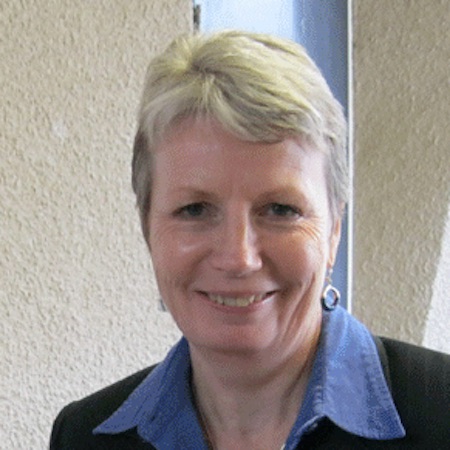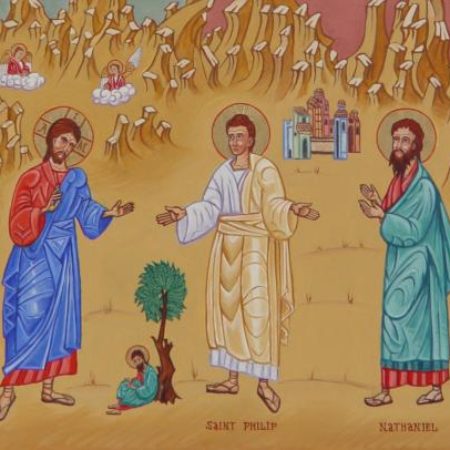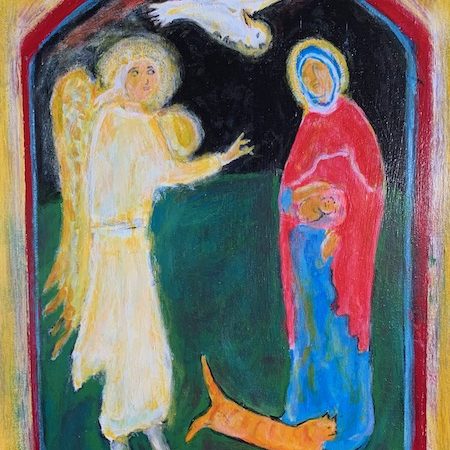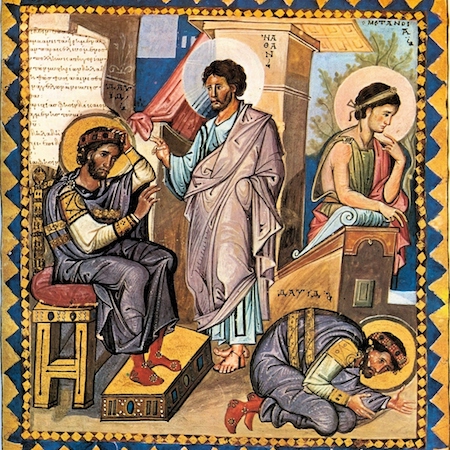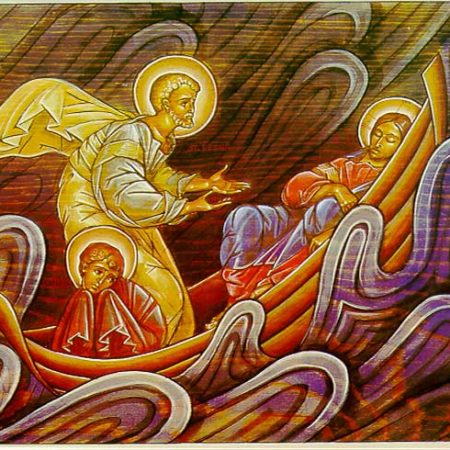Perhaps amidst the increasingly depressing state of the world, Jesus is calling us to learn the path of faithfulness from those who never win.
Sermons on 1 & 2 Samuel
When misunderstood, being “the chosen” can mutate into a toxic culture of entitlement that produces horrific criminal behaviour, and Jesus calls us to join him in challenging that culture.
God is most likely and able to work through those who accept their own weakness and don’t try to forcefully assert their own power and influence.
Though the experience of grief often feels like an absence of God, it is a deep experience of the heart of God, and is symbolised as such in the brokenness of the Eucharist.
Being God’s people can be awkward. Our actions of love and care stand against the me-first culture, and to seek justice, love, and a better world.
Instead of leaving unsaid the things that could cause conflict and division, we are called to listen intensely, slowly, intentionally, allowing all to speak their truth, so that we can find a way to move forward together in love and humility.
The experience of winter is God’s gift, inviting us to silence, healing and new depth of life.
As important as our responses and decisions are, before we know, we are known. Before we understand, we are understood. Before we say ‘Yes’, ‘Yes’ is said to us.
God’s coming does not reinforce our social norms and hierarchies, but breaches them to reconcile and re-dignify those who the social order has sacrificed and cast aside.
We are often blind to our own entanglement in evil, but when our eyes are opened, we are called into pathways of repentance and transformation that lead to life and healing.
All of us, men especially, share responsibility for confronting and changing the culture that enables men to feel entitled to rape, and Jesus leads us into the new culture that sets us all free.
Glimpses of the transformed world that God makes possible transfix us and leave us hungering for more.
We are called to focus on Jesus – not the battles or the storms of life. Nothing is too big or too rough for God.
When we respond to the call to model our lives on his life, the life of the One who has seen the Father, then, like him, we must not sidestep or avoid suffering.
Jesus rejects the opportunity to fulfil our hopes and expectations in order that he might give us more than we thought possible.
Building impressive buildings can be about a desire to monopolise and contain God, whereas God wants us to break down any walls that divide and exclude anyone.
God is most likely and able to work through those who accept their own weakness and don’t try to forcefully assert their own power and influence.
God calls us to faithful expressions of the Culture of God which usually look unimpressive and unruly when judged by the world’s usual standards of success.
God’s refining work is done not through judgement and punishment, but through the transforming power of love.
If God seems unjust, we can and should question God’s integrity, for God welcomes our questions in order that the falsehoods might be stripped away and the truth revealed.





